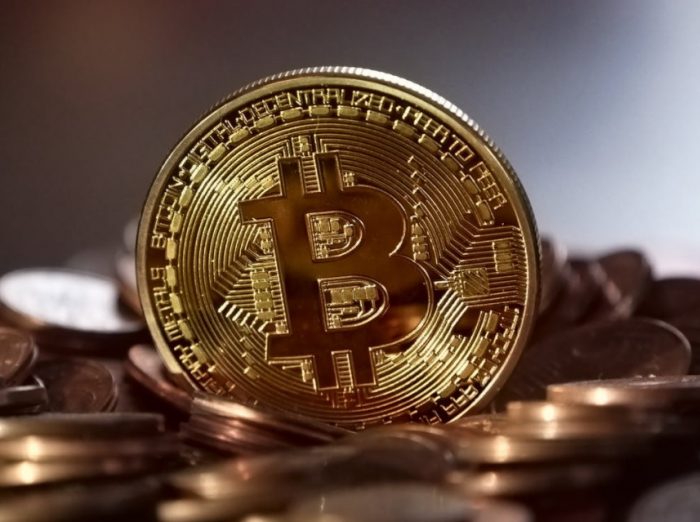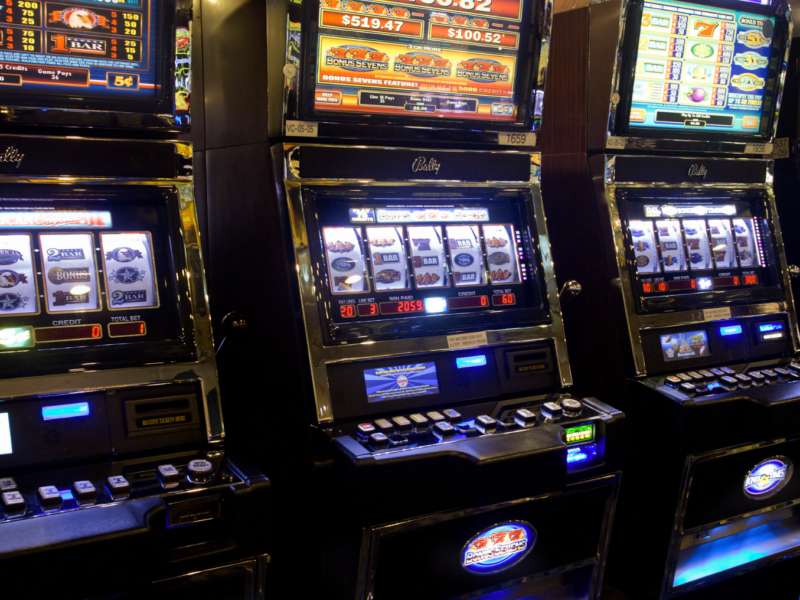So let’s talk crypto. Bitcoin has been in the news lately because its price skyrocketed for a short while, from a measly 18,000 (or so) dollars per coin versus its peak of a whopping 50,000 dollars. That’s a bigger payout than you’re likely to get at a jackpot casino. This was caused by Tesla CEO Elon Musk, one of the most socially influential people in the world, investing a massive $1.5 billion into the currency. By investing in bitcoin, price and demand skyrocketed, and Musk was laughing all the way to the bank.
So despite what the naysayers said in the earliest days of bitcoin, cryptocurrency is here to stay, and while there’s still money to be made, it’s gonna stick around. However, I’m more interested in the technological avenue that Bitcoin’s success promises and what it could mean for the future of online society.
Table of Contents
What is Bitcoin?
Bitcoin had so much doubt around it because it was (and still is) hard to see how a single Bitcoin has any value. If we look back at the history of money and currency, money had a very clear purpose. Bartering products and labor in ye olden times was neither convenient nor practical. If you wanted to exchange something you had for something someone else had, each party had to haul their part of the bargain to the other and hoped that the guy wanted what you had.
The solution was money. Goods and labor could be exchanged for a far more convenient means of exchange. That’s what money is. A means of exchange. So how many apples, oranges, or hours of work was a single unit of currency worth? Well, usually, that was based on the metal it was made out of and how much of that currency existed. Supply and demand.
This even carried over when civilization switched to paper currencies. At first, paper money was just Bank Notes, which represented an amount of gold stored at a bank. Instead of pulling out the gold, people just began swapping the banknotes with each other. Until very recently, most paper money was backed by a guarantee of its worth in gold. You could literally go to your bank and have your money converted. This was called the gold standard.
Then, in 1971, Richard Nixon kicked the US dollar off the Gold Standard. What, many people wondered, was paper money worth then? When the government can just print more money, does it have any value? Well, the US economy is still functioning fifty years later, so the answer is… I think so?
Bitcoin raises much of the same concerns. While you could do a whole bunch of number magic to tie the dollar to the strength of the US economy, Bitcoin is only a number on a computer. In theory, the only amount of value a single Bitcoin has is the amount of electricity needed to generate it. That, and the scarcity.
Aha.
Let me explain further. Unlike videos, images, and almost all other data files, you can’t just copy and paste bitcoins to get more. There’s a complex mathematical formula that your computer has to process in order to generate a new coin. Bitcoin’s algorithm was specifically designed to have an upper limit of 21 million bitcoins. That might sound like a lot, but to put it into perspective, there are about 11.7 billion one-dollar bills in circulation alone.
But how can something digital not be copied and pasted? The answer is blockchains.
In fact, all cryptocurrencies rely on blockchains. Blockchains are lists hosted by volunteers that keep track of who owns, how much of what, and any transactions they have with anyone else. Each of these lists checks with each other to make sure that nothing hinky is going on, and if an error is found in one, it’s double-checked against everyone else’s list and fixed. It’s secure and effective, and that’s how Bitcoins retain their value. Each coin is unique, and the process of exchanging them was designed to prevent inflation and piracy. So far, it seems to work.
And the most fascinating part? We’re only just realizing how versatile these blockchains are.
NFTs And High-Class Digital Art
NFT stands for Non-Fungible Token, which is just… an amazing name. Fungible. Fungible.
NFTs are a digital stamp that can mark something as unique. They can’t be copied, and neither can whatever they’re stamped on. It’s basically a digital equivalent to a seal of authentication, and they’re powered by the same technology as other cryptocurrencies.
Bitcoin is considered “fungible”. It means you can exchange a bitcoin for another bitcoin that, for all intents and purposes, is exactly like it. An NFT can’t. It’s unique.
Imagine exchanging dollar bills. You don’t have to worry about keeping track of that specific bill because it’s worth the same as any other one-dollar bill. An NFT is more like buying a painting. While all paintings are paint put onto a canvas, different paintings are worth vastly different amounts of dough.
This is how a special GIF of Nyan Cat (remember that one?) sold not too long ago for about 3.5 million dollars. People can not collect digital art, and that transaction is ensured and authenticated by the blockchain. You might be able to find a screenshot of such an artwork, but it wouldn’t be worth anything, like how a photo of the Mona Lisa isn’t worth the value of the actual Mona Lisa.
This has opened a whole new avenue for online artists and digital bartering in general. Some services even allow for royalties to be paid to the original artist during all future transactions involving their art. Let’s say I, an artist, sell a digital painting for a client for ten dollars. The client then sells it for twenty- I can collect a percentage of royalty payments automatically on that transaction and all future transactions thereafter!
This is far, far different from how it is now for more artists, whose work gets posted can get copied off of Deviant Art, Pinterest, and Tumblr, and even client work can get resold and shared without the original owner getting anything for it. In some ways, that’s good. In some, it’s not, but that’s not the point for now.
The Possibilities…
All this makes me wonder then, what other uses could this kind of technology have in the future?
Well, the first is that content creation could benefit wildly from this kind of thing. YouTubers, infamously, have to put up with the constant risk of being demonetized and taken off the platform. Twitch streamers get clips taken from their streams and put up onto YouTube without their knowledge or consent. Heck, they might not even get credit. A lot of them appreciate the word-of-mouth community that follows them on other platforms, but that’s still lost ad revenue. Imagine if there was a way to authenticate a creator’s videos and have all revenue generated off their content go back to the original creator. That’s not out of the realm of possibility with NFTs and blockchain-style technology.
But we can step outside of the world of finance and content creation too. What about something like voting that requires the utmost security and care? The reason why we can’t just vote from our living rooms is because of the security concerns by everyone that nothing hinky is happening to people’s votes from when they click their mouse to when their vote arrives at whatever imaginary database is supposed to tally them up.
Using Blockchain technology for votes seems to me like something entirely feasible. After all, if people like Musk trust the technology enough to invest millions of dollars into it and then withdraw millions more in profit off that investment, I think it’s safe enough to try a voting system with it, just to see if it would work.
Of course, it wouldn’t be able to work as-is. There would need to be a verification process to make sure your a member of the town / state / country you’re voting in, and a way to authenticate who you are, but also do it in a way that no one but you can cast your vote. It would probably require a login using your Social Security number and then a secret password, and that’s only what I could think of while sitting here writing this! Imagine if someone was actually paid to build such an infrastructure. I think it could really work.
So…
So what do you think? Is cryptocurrency a fad? A bubble that’s going to burst and crash harder than the Hindenburg? Or do you think, like I do, that there might be something more to it? And not just for some weird abstract finance game, but as a new, real technology that could fundamentally change how content is created and shared digitally?
It’s the kind of sci-fi technology that no one wrote about but has snuck up on us and taken the world by surprise. Star Trek might have predicted cell phones, touch screens, and pads, but I don’t think anyone’s ever predicted the coming of something quite like Non-Fungible Tokens before.
But, to be fair, I don’t think anyone in Hollywood has a clue as to how the internet works, so I won’t go too hard on them.


